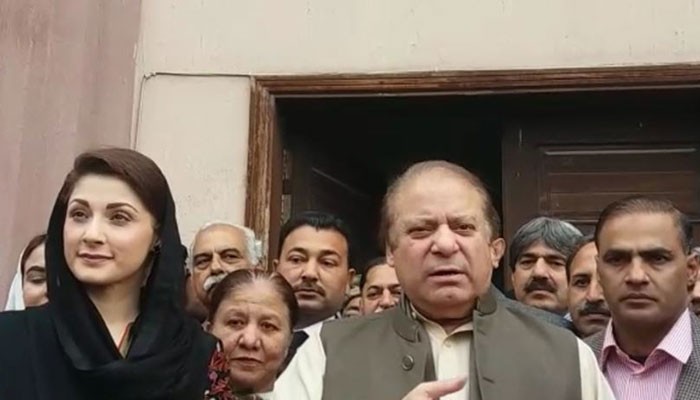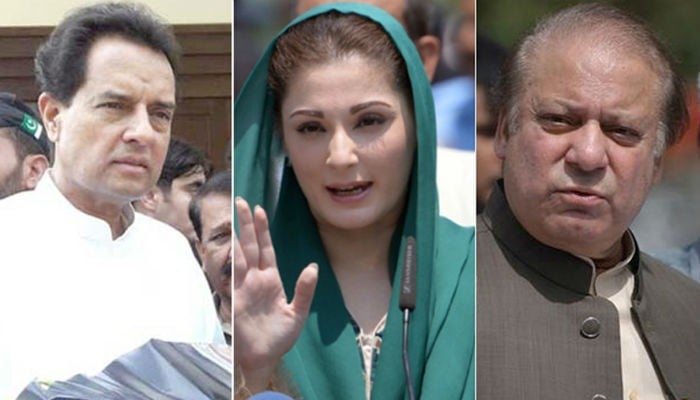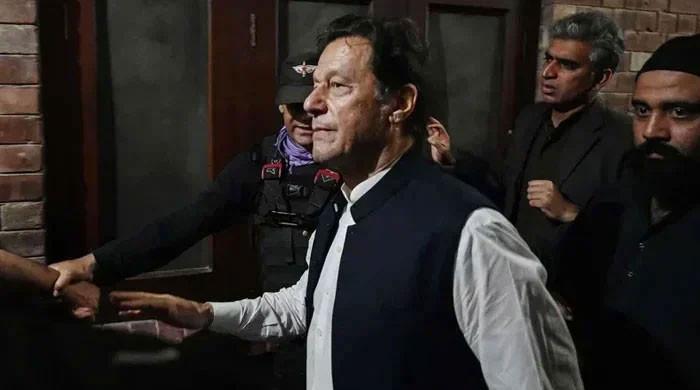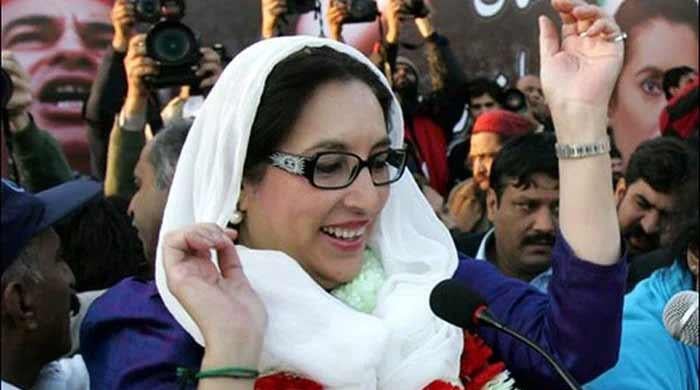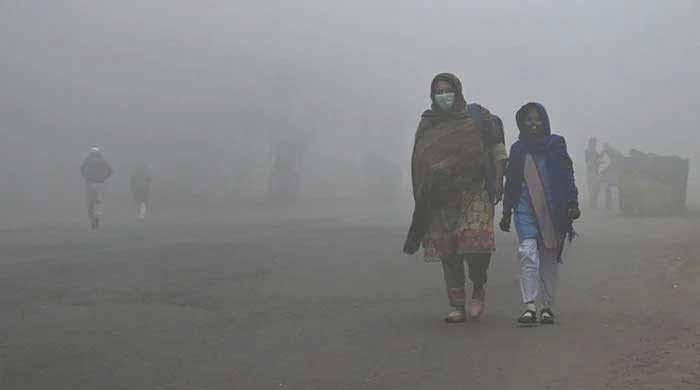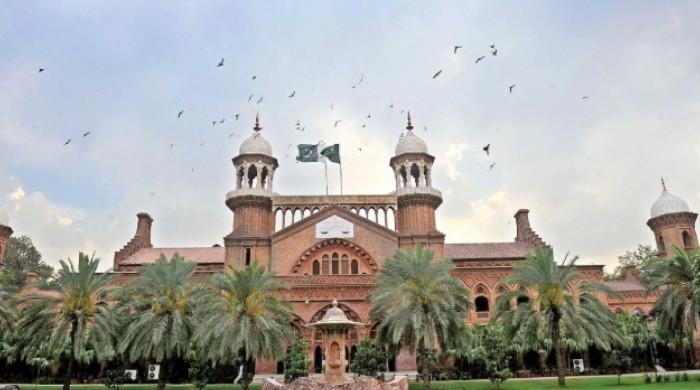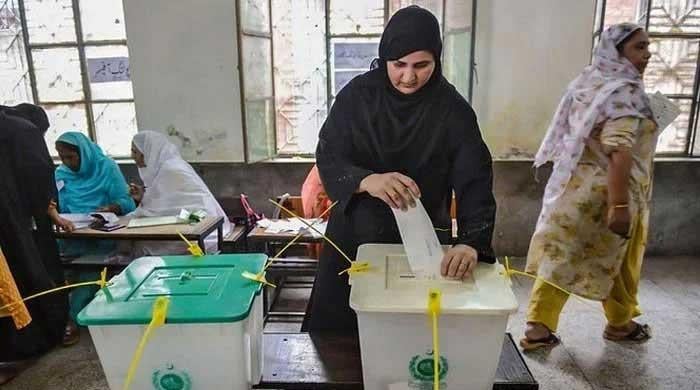Nawaz never owned London flats, says Khawaja Haris in concluding arguments
Burden of proof lies on the prosecution, Nawaz'z counsel tells accountability court
June 20, 2018
ISLAMABAD: Former prime minister Nawaz Sharif's legal counsel Khawaja Haris asserted on Wednesday that his client never owned the London flats.
Haris gave the remarks as he resumed the concluding arguments in the Avenfield reference against the Sharif family.
The Avenfield reference, pertaining to the Sharif family's London properties, is among three filed against the Sharif family by the National Accountability Bureau (NAB) last year on the Supreme Court's directives.
Nawaz hasn't accepted ownership of anything, remarked Haris as the hearing went under way in the court of Accountability Judge Muhammad Bashir. "London flats are not in the name of Nawaz."
He further said that the burden of proof lies on the prosecution. "Here the prosecution has put the burden of the proof on the defence".
"Nawaz's ownership was never proven. If the ownership had been proven only then we could have discussed the supposed difference between income and assets," he added.
Haris resumed his role as Nawaz's chief counsel on Tuesday after recusing from the case earlier due to many reasons including Supreme Court's "dictation on completing the trial within a month" and working on weekends.
Arguing further, Haris stated that Panama JIT head and prosecution witness Wajid Zia never stated that Nawaz was involved in the running of the Gulf Steel Mills.
He added that none of the prosecution witnesses stated that Nawaz's son Hasan was a dependent of his father.
Haris claimed further that Securities and Exchange Commission of Pakistan official Sidra Mansoor could not even verify the documents she presented in court.
After a short recess, as the proceedings resumed, Haris stated that the investigation officer of the case also did not bring any witness on record who established Nawaz as the owner of the London properties.
The hearing was then adjourned till June 21.
While Nawaz's son-in-law Capt (retd) Safdar is appearing before the court, Nawaz and his daughter Maryam were given a four-day exemption from appearance on Tuesday.
The former premier and his daughter are in London to tend to Nawaz's wife Begum Kulsoom who is under treatment there.
Khawaja Haris returns as Nawaz's counsel
Khawaja Haris, the chief counsel in the three corruption cases against Nawaz, resumed his role as lead counsel on Tuesday after previously recusing himself from the case.
As the hearing started Tuesday, the judge inquired from Haris if he was in court to withdraw his request ending his power of attorney for Nawaz.
“First, I have to file another petition. I have a right to know whether the court will hear the three cases simultaneously or separately,” Haris responded.
To this, the accountability court judge said Haris’ request last week to withdraw the power of attorney was never accepted in the first place.
However, NAB prosecutor Sardar Muzaffar Abbasi pointed out, “We did not even object and the request was dismissed.”
At this point, Jahangir Jadoon, who was appointed in Haris' place, told the court, "People are asking why the court is not announcing a judgement."
Judge Bashir responded saying, "The court follows a procedure and on my behalf tell those people that why are they commenting [on the case] when they are not respondents."
Haris had recused himself from representing Nawaz on June 11.
The cases
Nawaz and his family are facing three corruption cases in the accountability court after NAB filed references against them in light of the Supreme Court's verdict in the Panama Papers case.
The trial against the Sharif family had commenced on September 14, 2017.
The corruption references, filed against the Sharifs, pertain to the Al-Azizia Steel Mills and Hill Metal Establishment, offshore companies including Flagship Investment Limited, and Avenfield properties of London.
Nawaz and sons Hussain and Hasan are accused in all three references whereas his daughter Maryam and son-in-law Safdar are accused in the Avenfield reference only.
The two brothers, based abroad, have been absconding since the proceedings began last year and were declared proclaimed offenders by the court.
The court originally had a deadline of six months which ended in mid-March but was extended for two months after the judge requested the apex court.
Later, the deadline was extended twice more, with the new date falling at July 10 now.
